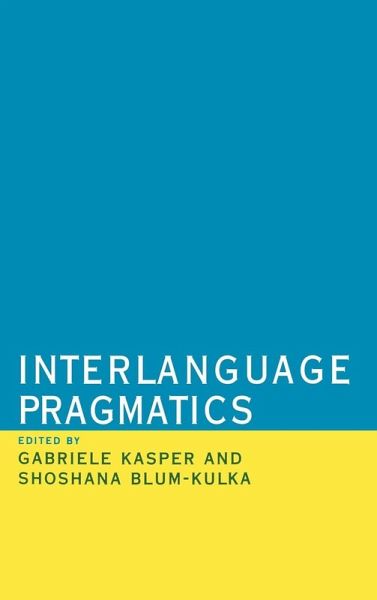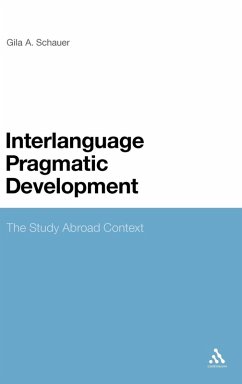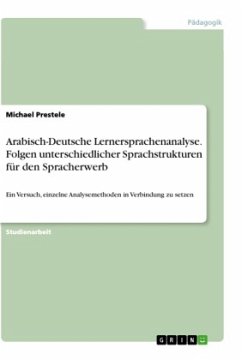
Interlanguage Pragmatics

PAYBACK Punkte
104 °P sammeln!
This is a collection of contributed, previously unpublished essays on topics in interlanguage pragmatics. 'Pragmatics' refers to speakers' intended meaning, and 'interlanguage' is the term used to describe the linguistic knowledge of how non-native speakers (and listeners) use their deficient communicative competence in order to cope with a variety of communicative tasks. In this volume, sixteen distinguished linguists will focus on these central issues in interlanguage pragmatics: (1) non-native language users' consciousness of their pragmatic knowledge (metapragmatic awareness), (2) their conversational behaviour in interaction with native speakers, particularly with regard to social appropriateness, topic effects, and responding acts, and (3) interlanguage realization of complaints, apologies, and thanks. The structure of conscious linguistic knowledge has become an important issue in second language acquisition research, but has received almost no attention in pragmatics. This volume will be the first comprehensive study of this important linguistic area.
As a field of inquiry, interlanguage pragmatics reflects the growing interest in recent years in understanding the social and pragmatic aspects of second language acquisition. A collection of previously unpublished essays by sixteen distinguished linguists, Interlanguage Pragmatics offers an up-to-date synthesis of current research in the field, discussing from diverse perspectives the development, comprehension, and production of pragmatic knowledge in a second language. The book is divided into three sections, each prefaced by an introduction by the editors that provides relevant theoretical and methodological background. The first section concerns cognitive approaches to interlanguage pragmatic development. The second addresses interlanguage speech act realization of a variety of speech acts. The final section is devoted to discoursal perspectives on interlanguage. With an editors' general introduction that offers a critical overview of the issues currently being debated, this book is the first to exclusively address the pragmatic dimension in second language acquisition, presenting a state-of-the-art view of the field and outlining directions for future research.














